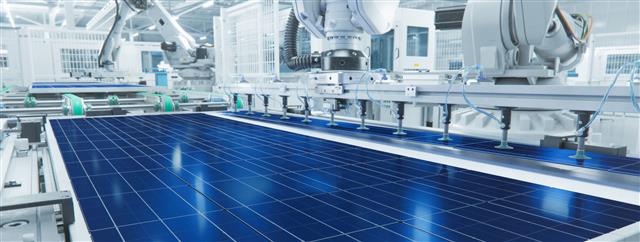
Technology
Renewable Generation
The rapid emergence of increasingly cost-effective renewable energy is allowing countries across the globe to switch away from carbon-emitting sources at pace. IRENA’s data gathering and analysis of all the major renewables enables it to guide and advise its member countries on their conversion to low-carbon status.
End use sectors
The competitiveness of technologies available to decarbonise the major energy-using sectors is continually improving. IRENA applies its research and analysis of the best-performing solutions to develop viable options tailored to its member countries’ circumstances.
Enabling technologies
The transition to a sustainable energy system brings a combination of new opportunities and challenges. A range of enabling technologies is available to help member countries overcome these challenges. IRENA’s ongoing research and analysis of these solutions allow it to advise on the most suitable options.


















